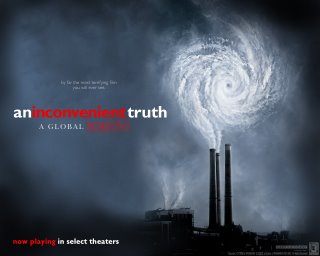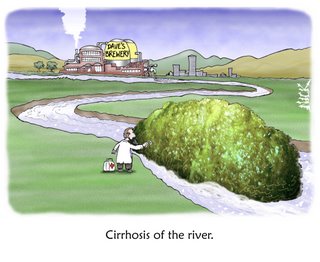Schoppmann was claiming that the air in his planes will be cleaner than in regular commercial planes and that the WHO (World Health Organization) has said there's "no evidence for second-hand smoke".
I'm willing to buy that the air in most of the planes I fly in isn't great, but even with a state-of-the art air conditioner, I can't see how a the atmosphere in a plane full of smokers could be better. It's a whole additional set of chemicals (like small particles and carcinogens) introduced into the cabin in addition to the ones that are already there on any flight (like bacteria, perfumes, and God-knows-what-else).
As for his comments on second-hand smoke, I think he forgot his parachute. The Surgeon General just released a report about involuntary smoke that concluded (among other things) that "Secondhand smoke exposure causes disease and premature death in children and adults who do not smoke".
And let me clue you into something I found on the WHO website under the heading "Second hand tobacco smoke":
Article 8 of the WHO Framework Convention on Tobacco Control, adopted by all WHO Member States in May 2003, reads: “Protection from exposure to tobacco smoke
1. Parties recognise that scientific evidence has unequivocally established that exposure to tobacco smoke causes death, disease and disability.
Or how about this, also from the WHO site: "Second-hand smoke is a real and significant threat to public health. Supported by two decades of evidence, the scientific community now agrees that there is no safe level of exposure to second-hand smoke."
I don't know what Alexander Schoppmann's been smoking lately but it's got include something other than straight-up tobacco.









